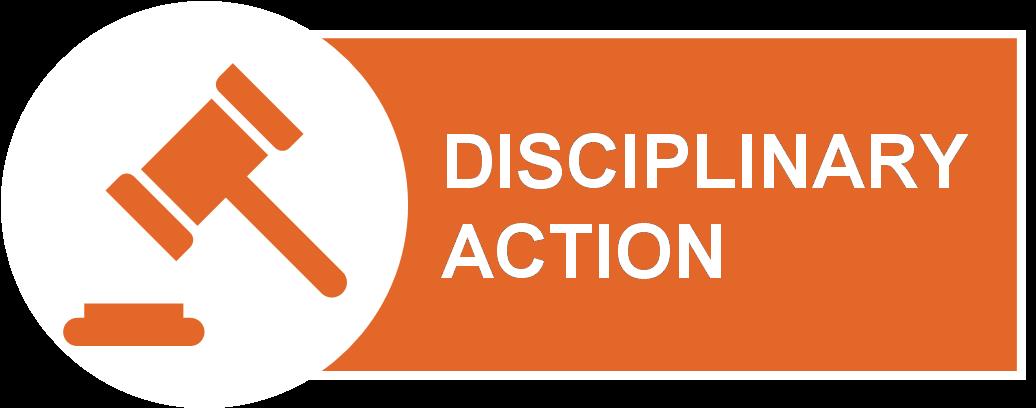The Office of Local Government (OLG) has made amendments to the Model Code of Conduct for Local Councils in NSW (the Code) and the Procedures for the Administration of the Model Code of Conduct for Local Councils in NSW (the Procedures).
Both documents have been prescribed under the Local Government (General) Regulation 2005 and take effect immediately.
Centium has undertaken a detailed comparison between the 2018 and 2020 Model Code and Procedures – click here to review the amendments.
Summary of amendments to the Procedures
The Procedures have been amended in response to the decision by the Supreme Court in the matter of Cornish v Secretary, Department of Planning, Industry and Environment [2019] NSWSC 1134 (Cornish). In short, Cornish found that the only disciplinary power available to councils under the Local Government Act 1993 (the Act) for code of conduct breaches by councillors, was the power to censure councillors formally. This power did not extend to other measures such as directing participation in training, counselling, directing the person to apologise, and making the finding of inappropriate conduct public.
 | In the amended Procedures councils have the following options when taking disciplinary action against councillors for breaches of their codes of conduct under the new Procedures: 1. that a councillor be formally censured for the breach under section 440G of the Local Government Act 1993 (the Act), or 2. that a councillor be formally censured for a breach under section 440G and the matter referred to OLG for further disciplinary action under the misconduct provisions of the Act. |
 | The process for censuring councillors for breaches of the code of conduct has been significantly strengthened to ensure councillors are made publicly accountable to their electors for their conduct |
 | Councillors may seek to avoid public censure for breaches of the code of conduct by voluntarily agreeing to undergo training or counselling, to apologise for their conduct or to give undertakings not to repeat their conduct before the investigator finalises their report to the council. |
 | Investigators are required to consult with OLG before recommending the referral of matters to ensure the conduct in question is sufficiently serious to warrant disciplinary action for misconduct and that there is sufficient evidence of the breach to allow OLG to take further disciplinary action. |
 | Other amendments to the Procedures are to: 1. allow panels of conduct reviewers to be appointed without a resolution of the council, and 2. allow the referral of investigators' reports to OLG for action under the misconduct provisions of the Act where the council will not have a quorum to deal with the matter. |
Summary of amendments to the Model Code
Minor amendments have been made to the Model Code, mainly in relation to gifts and benefits in response to feedback from some councils.
 | The amendments to the gifts and benefits provisions: 1. lift the $50 cap on the value of gifts that may be accepted to $100 2. clarify that items with a value of $10 or less are not "gifts or benefits" for the purposes of the Model Code and do not need to be disclosed 3. clarify that benefits and facilities provided by councils (as opposed to third parties) to staff and councillors are not "gifts or benefits" for the purposes of the Model Code, and 4. remove the cap on the value of meals and refreshments that may be accepted by council officials in conjunction with the performance of their official duties. It is open to councils to retain the existing $50 cap or to impose another cap that is lower than $100. |
 | Other amendments to the Model Code are to: 1. remove as a breach, failure to comply with a council resolution requiring action in relation to a code of conduct breach (because it is now redundant) 2. update the language used to describe the various heads of discrimination in clause 3.6 to reflect more contemporary standards 3. include in the definition of council committee and council committee members, members of audit, risk and improvement committees (ARICs) in anticipation of the commencement of the requirement for all councils to appoint an ARIC following the next local government elections. |
How Centium Can Help
Training
We have developed two eLearning Modules (Foundation and Refresher) based on the Model Code that educate and reinforce expected conduct and behaviour messages to staff in an accessible and enjoyable way. Our Modules are currently being revised to reflect the above amendments and will be available shortly. They will be available to councils who have purchased the current modules free of charge.
We also conduct tailored Code of Conduct face to face training to councillors, members of Executive teams, and all other council staff. This training can be done in councils’ facilities or via online platforms such as Zoom or Microsoft Teams.
Governance Framework Review
We assist councils to maintain and continually improve good governance by reviewing and providing recommendations for improvement on existing Governance Frameworks. This includes reviewing authority matrices, developing and revising policies and procedures, reviewing decision-making practices and documentation, developing and reviewing Fraud and Corruption Control Plans, and conducting Fraud and Corruption ‘Health Checks’.
Investigations
We are on current panels to provide high quality investigation services to 100 councils throughout NSW. Our expert team, which includes senior governance specialists, lawyers and former Deputy NSW Ombudsman Chris Wheeler, will continue to assist councils in dealing with code of conduct complaints under the amended regulation.
